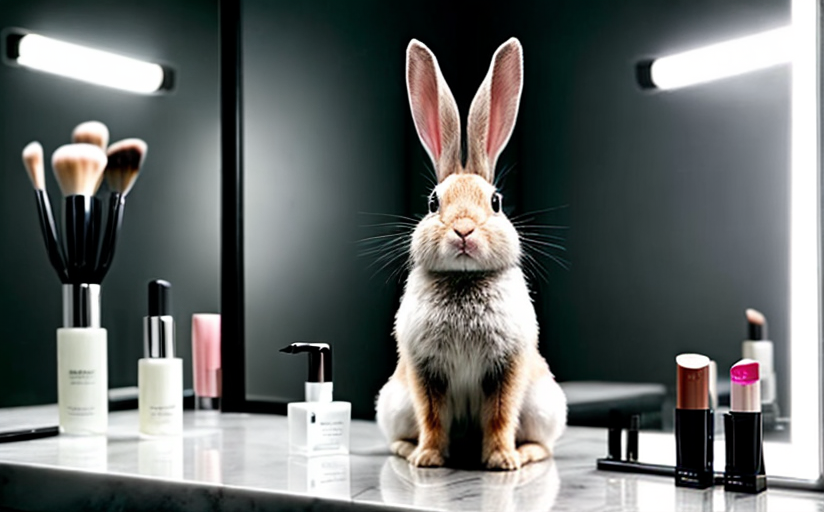Animal Testing in the Beauty Industry: An Ethical Examination
The beauty industry has for decades been marred by the controversial approach of animal testing. This practice, while ensuring the safety of human users, presents complicated ethical concerns often met with severe public criticism. This article explores and analyzes these implications and ethical questions.
Reasons for Continued Animal Testing
Animal testing continues to be a prevalent practice among some cosmetics companies due to legal requirements in certain markets. For instance, in China, it's mandatory for imported beauty products to undergo animal testing before they hit the market. Additionally, some companies argue that animal testing provides the most reliable data on product safety.
Legal Constraints on Animal Testing
While approval processes vary by country, certain regions have established laws to restrict or altogether ban animal testing in cosmetics. The European Union, for example, implemented a complete ban on animal testing for cosmetics in 2013.
Alternative Testing Methods
Given evolving technologies, there are now more humane ways to test cosmetic products. In vitro testing and computer simulation provide useful alternatives. Episkin, an in vitro model of reconstructed human epidermis, is being considered as a reliable alternative to guarantee user safety without inflicting harm on animals.
Arguments For and Against Animal Testing
While arguments for animal testing suggest that it ensures product safety and aids in improving human health, these must be scrutinized against the backdrop of the ethical dilemmas they impose. Severe animal suffering, and the availability of reliable alternatives, render these arguments insufficient.
Industry Reputation and Consumer Trust
In recent years, the public outcry against animal testing has had a substantial impact on the beauty industry's reputation. Consumers are becoming increasingly conscious about their purchases and expressing their demand for cruelty-free products.
Brands Embracing Cruelty-Free Practices
Several beauty brands have responded to these calls by going cruelty-free. Esteemed brands, like Lush and The Body Shop, not only refrain from animal testing but also actively campaign against it.
Consumer Influence on Animal Testing
The decision to stop animal testing is greatly influenced by consumer behavior. Consumers' awareness and demand for cruelty-free products has compelled many beauty companies to alter their testing practices. This shift in consumer behavior is pivotal in shaping a more ethical future for the beauty industry.
As beauty industry practices continue to evolve, the hope is for more companies to transition towards cruelty-free methods that respect animal welfare, without compromising on human safety. The ethical cost of beauty should never outweigh the value of a life.

















Comments
Leave a Comment